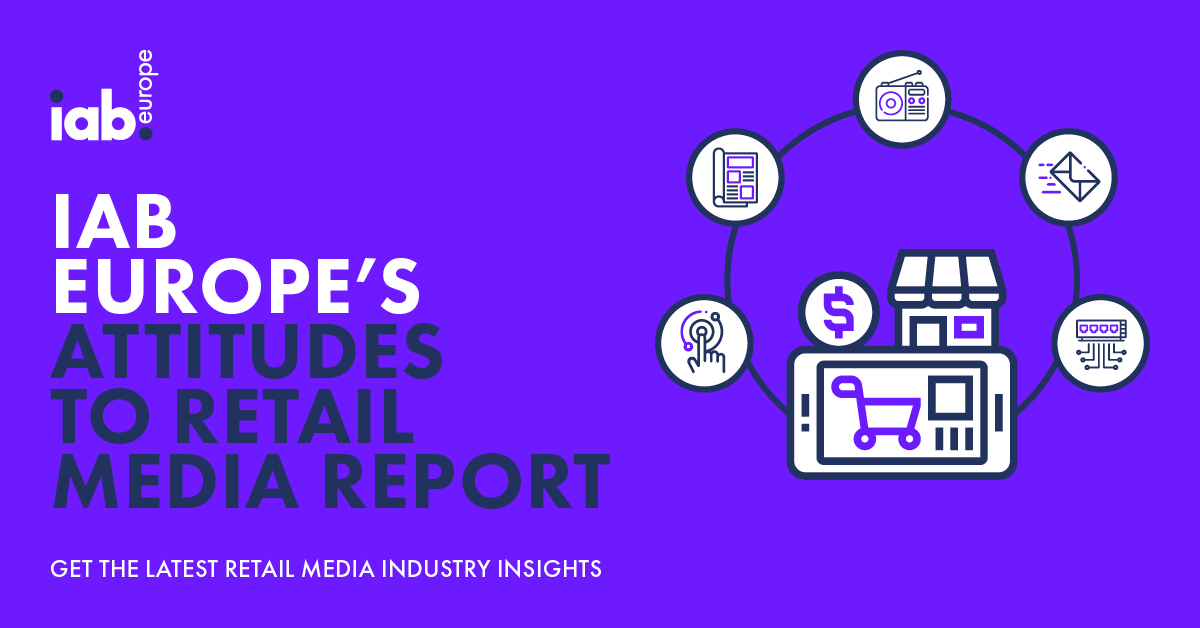Marks and Spencer and nine other major retailers have demonstrated just how effective shelf-based RFID is, with research supported by GS1 finding that retailers can boost their sales by as much as 5.5% by using radio-frequency identification tags technology.
‘Measuring the Impact of RFID in Retailing’ finds 100% of retailers surveyed saw a positive ROI from implementing RFID. Marks & Spencer, which has pioneered the use RFID in the UK, were one of the 10 companies that took part in the research. “We were pleased to be asked to participate in such a comprehensive and thorough study into the state of RFID in retail today. This exciting technology innovation for retailers is often misunderstood and shrouded in mystery. Hopefully this new report will dispel some of the myths and provide valuable new insight to assist all of us that are on the RFID journey.”
The independent research report, commissioned in partnership with ECR Community’s Shrinkage and OSA Group and produced by Professor Adrian Beck of the University of Leicester, is understood to be the world’s most comprehensive study into the use of RFID in retail.
The report focuses on the key learnings from ten global retailers and brands1 that have invested in the technology. Using a combination of face-to-face interviews coupled with quantitative data on business performance Professor Beck’s research identifies the key lessons from their journeys with RFID.
Quantified commercial benefits from studying these 10 retailers and brands include finds that all companies achieved a positive ROI for their business as a result of using RFID. All retailers also reported an increase in sales between 1.5% -5.5% through improved stock availability – contributing between €1.4 and €5.2 billion to their businesses.
Inventory accuracy improved by more than 50% with retailers reporting 93-99% accuracy with RFID and six of the ten companies were able to reduce total stock holding between 2-13%.
John Fonteijn, Group Chairman from the ECR Community Shrinkage and On-Shelf Availability Group, says: “We are delighted to have the opportunity to co-sponsor this exciting and innovative research project. As a technology, RFID has often struggled to live up to the hype surrounding its use in retailing, but as Professor Beck’s research shows, in the right environment, and by adopting a realistic and measured approach to its use, RFID now offers an attractive financial proposition to those retailers willing to invest.”
Gary Lynch, CEO GS1 UK, adds: “This independent research highlights the clear commercial and operational benefits and challenges for both retailers adopting RFID within their businesses. As owners of the EPC industry standard for RFID, GS1 UK is able to offer neutral advice to help retailers and solution providers on their RFID journeys. The learnings covered in this report provide an indispensable guide for any retailer interested in deploying the technology.”
Other important learnings from the study highlight the approach that businesses should adopt when planning their implementation of RFID:
- Using industry standards – all ten companies believed that using standards supported an easier RFID implementation and broadened the network of technology providers.
- Integration must be taken seriously and considered early on in the process – integrating new RFID data with existing systems was the biggest challenge reported by the companies
- Using external help – virtually all brands benefited from external help to deliver their RFID plans and implementation including technical solution providers, consultants and the GS1 system.
IMAGE: Mark Hillary at https://www.flickr.com/photos/markhillary/829573216








